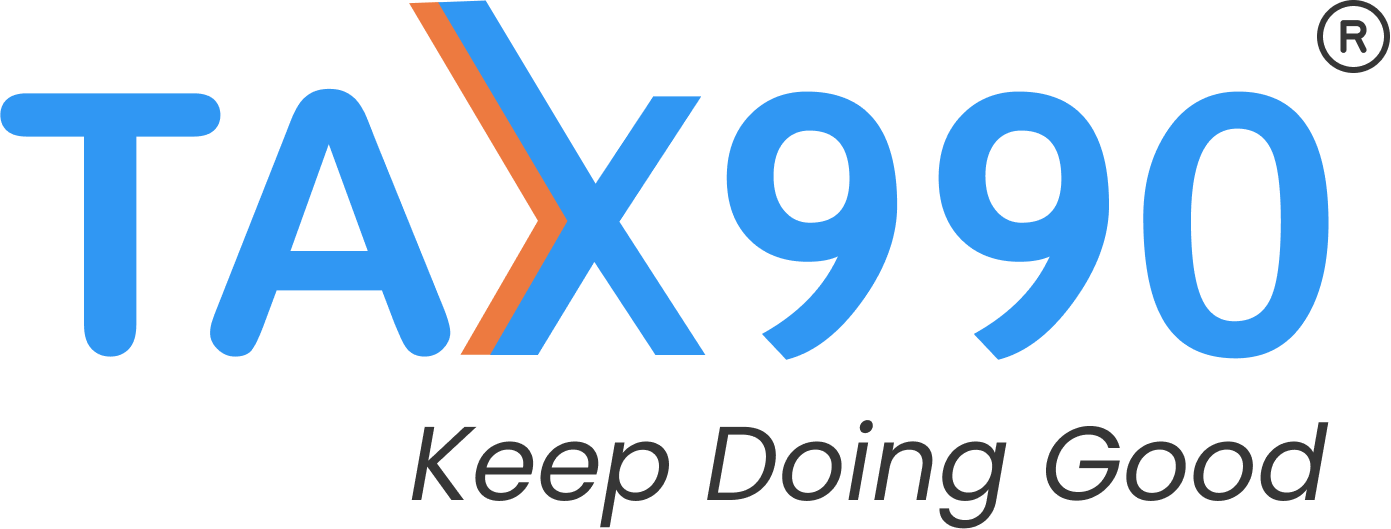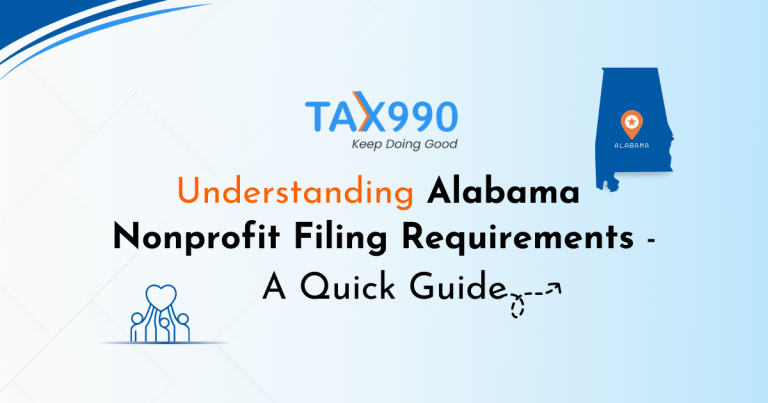Estimated reading time: 14 minute(s)
February is here and love is in the air, but so is the upcoming 990 deadline! Nonprofit organizations are required to file their annual 990 return with the IRS to maintain their tax-exempt status and remain in good standing with the IRS, and, ultimately the public.
In this blog, we will cover which organizations are required to file the 990 return this month, how you can determine your organization’s deadline, and a few IRS updates that may impact your filing deadlines.
Back to Basics: What is the Purpose of the 990 Series?
First and foremost, once organizations are granted tax-exempt status from the IRS, they will be required to file a 990 Series return annually for the entirety of their existence. This return is used to provide an overview of the organization’s finances and mission-based activities each year.
Moreover, 990 Series returns are publicly accessible, adding an extra layer of significance to organizations filing these forms. This provides an opportunity for them to demonstrate to their community and donors that they are excellent stewards of donations, showcasing the impact and achievements resulting from their contributions.
The 990 series contains several different forms that your organization must file based on its size and structure – don’t worry, we’ll get into this topic further later in this blog!
Which Organizations have a February 990 Deadline?
Organizations are likely required to file their annual 990 report with the IRS this month if they meet the following criteria:
- The organization has an accounting period beginning on October 1st and ending on September 30th.
- The organization filed an IRS tax extension Form 8868 to extend a 990 deadline on August 15, 2023.
Organizations that are unsure about their tax year, should check their IRS determination letter to confirm.
For organizations facing a looming deadline and feeling overwhelmed, the first step is to determine the appropriate form for filing. Let’s break down the 990 series returns and their respective filing requirements:
Form 990-N: Designed for the smallest nonprofit organizations, this is the shortest form and is suitable for those with gross receipts of $50,000 or less.
Form 990-EZ: Organizations with gross receipts below $200,000 and total assets less than $500,000 should opt for this form when filing with the IRS.
Form 990: Serving as the standard long form, this is mandatory for organizations with annual gross receipts surpassing $200,000 or total assets exceeding $500,000. Notably, organizations of any size have the option to file the 990, a choice often made to enhance financial transparency for the benefit of donors and other funding opportunities.
Form 990-PF: This 990 return is specifically designed for private foundations. Required by the Internal Revenue Service (IRS), this form serves as a comprehensive financial disclosure, detailing the foundation’s income, expenses, assets, and distributions. Private foundations must annually file Form 990-PF to maintain their tax-exempt status and provide transparency regarding their financial activities.
Form 990-T: While not mandatory for all organizations, this form is necessary for those reporting unrelated business income (UBI) of $1,000 or more. The IRS defines UBI as income generated through activities not directly related to the organization’s charitable purpose.
IRS Shutdown and Impacted Nonprofit Tax Forms
Due to the current IRS shutdown, organizations with deadlines on February 15th, or March 18th, 2024, will face restrictions in e-filing their Forms 1120-POL, 990-T, or 8868 extensions during this period.
Organizations with a deadline to file Forms 990-T or 1120-POL in February are encouraged to file a paper copy of Form 8868 to request an extension of up to 6 months. The IRS projects that it will reopen in March, this extension will allow organizations to file their forms at a later time when e-filing becomes available again.
Organizations that previously filed an extension and fall within the affected period for their extended 990-T deadline are advised by the IRS to wait until March 18, 2024. They should explicitly cite the unavailability of the e-file system as a reasonable cause for any potential late filing. Despite the shutdown, it is crucial to make any required tax payments promptly to prevent the imposition of penalties or interest.
Complete Your 990 E-filing with Tax990!
Once you’ve gathered all your organization’s essential financial information, you can now begin the e-filing process with Tax990, leveraging these key features:
- Choose between Direct-Form Entry or Interview-Style Filing Options
- Internal Audit Checks utilizing the IRS Business Rules
- Attach any required 990 Schedules for no additional cost
- Support for prior-year filings and 990 amendments
- Instant notifications from the IRS upon acceptance or rejection of 990 returns
- Correct and retransmit any rejected returns to the IRS at no extra cost
- Use the ‘Reviewers and Approvers’ feature to share 990 returns with organization officials and board members for final approval.
Moreover, our dedicated customer support team is readily available to assist you throughout the e-filing process via phone, email, and live chat.
Embark on your filing journey with Tax990 Today!




